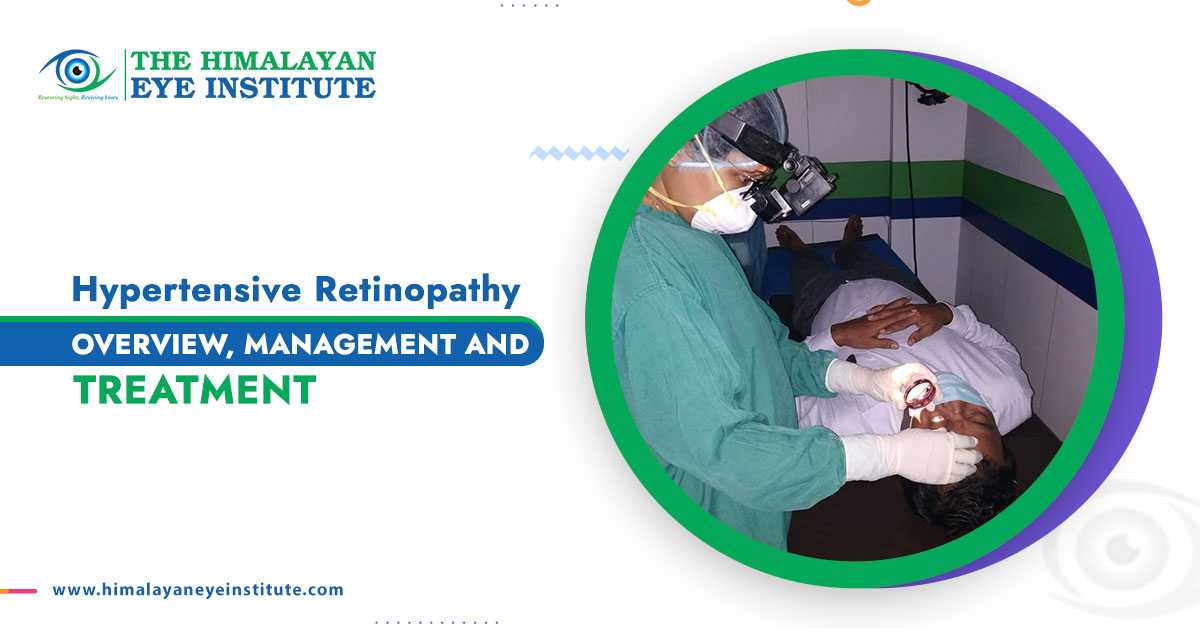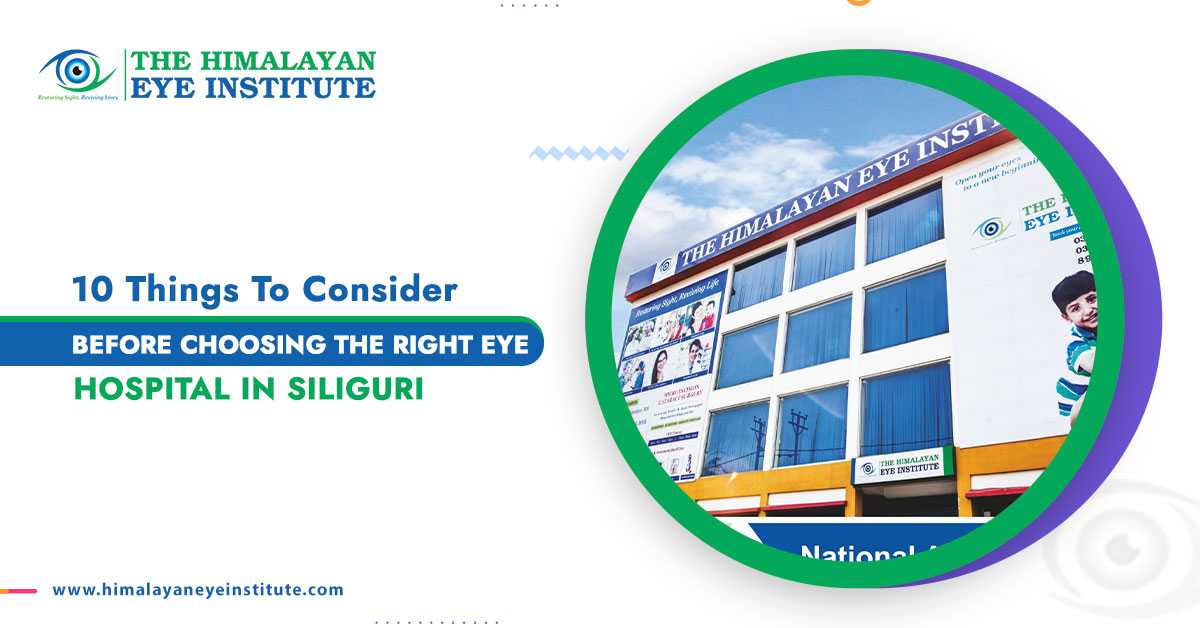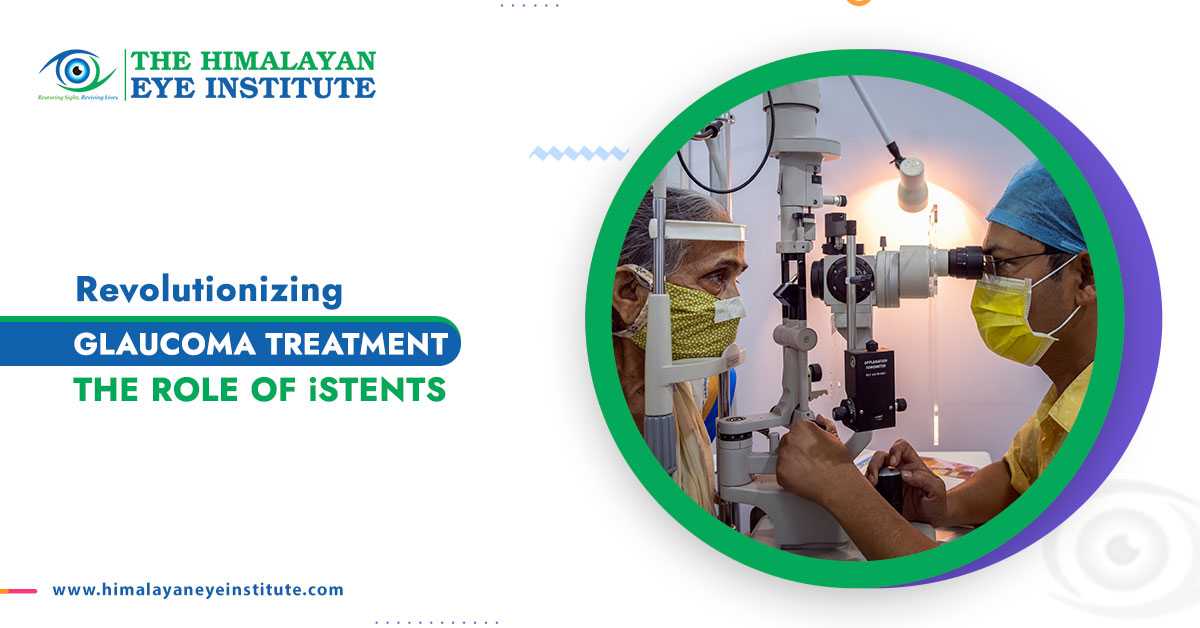An ophthalmologist is an eye specialist who offers comprehensive eye care, from diagnosis and treatment to surgery and management of an eye disease. Your primary eye care doctor may refer you to an ophthalmologist, or you can directly visit the specialist. For advanced eye care and accurate diagnosis, you might see the leading ophthalmologist in Siliguri.
If you’re visiting an ophthalmologist for the first time, you might feel tense, nervous, or overwhelmed. However, there’s nothing to worry about. It is the initial step vital for maintaining good eye health and addressing any vision issues you may have.
Whether you experience vision problems, eye discomfort/ pain, or want a routine check-up, this blog shares insights into what you can expect during your first visit to your ophthalmologist.
Before You Visit – Here’s How To Prepare
Before heading to your appointment, there are a few things you should consider, including:
Listing down your symptoms allows you not to miss out on telling your eye expert about your discomfort. If you're noticing any specific symptoms like blurry vision, issues with night vision, teary eyes, dry eyes, frequent redness of the eyes, eye pain with or without headaches, or floaters, make a note of them and let your eye doctor know.
More often, eye specialists ask about medical history. Be ready to provide details about your medical history, such as any past eye conditions, surgeries, or chronic health conditions like high blood pressure, heart disease, diabetes, liver disease, sickle cell disease, kidney disease, Lyme disease, thyroid, Crohn’s disease. It helps your eye doctor with accurate diagnoses and treatment plans.
Make sure you bring your glasses or contact lenses if you currently wearing corrective lenses prescribed by your eye doctor. Here, your eye specialist may want to examine them and see how effective they are for you.
Preparing questions about your eyes or vision to make sure you don’t forget to ask or miss clearing your doubts or inquiries. Reach out to the best ophthalmologist clinic in Siliguri.
During Checkup
When you arrive at the eye hospital or clinic, you’ll first go through the check-in process, where you may be asked to fill out some paperwork.
During your appointment with your ophthalmologist, your doctor may ask about:
- Your medical history
- Any medications you’re currently taking
- Information about your current vision concerns or symptoms
- If you use a computer and for how long
- Your lifestyle and family history
But before you meet your ophthalmologist, you’ll likely meet with a technician at the eye hospital who’ll conduct some preliminary tests. These eye tests may include:
- Visual acuity test, where you’ll be asked to read letters from a distance.
- Eye pressure test (Tonometry), a painless test that measures the pressure inside your eyes.
- The pupil dilation technique uses eye drops to dilate your pupils so the eye doctor can better look at the inside of your eyes. This test can make your vision blurry and sensitive to light for a few hours, which will improve shortly.
- Refraction test in which your ophthalmologist determines your exact prescription and here you need to look through a device called a phoropter to evaluate various lens strengths.
- Optical coherence tomography (OCT) is a non-invasive eye test (imaging test) in which your ophthalmologist in Siliguri uses light waves to take cross-sectional pictures of your retina to detect conditions like macular degeneration, diabetic retinopathy, glaucoma.
- Slit-lamp examination is an effective eye test done by an ophthalmologist to examine all parts of your eyes, These involve examining your iris, lens, cornea, retina, and optic nerve.
- Corneal topography test maps the outer structure of the eye. This eye test gives your eye doctor detailed images outer structure of the eyes.
- Intraocular pressure (IOP) measurement allows your eye doctor to measure the pressure inside your eye.
Not everyone with eye health issues or one who visits an ophthalmologist needs to undergo all these tests. It’s your ophthalmologist who decides the best set of eye tests based on your symptoms, medical history, and current health.
After the eye exam and tests, your ophthalmologist will discuss the findings with you. If any issues are detected, your eye doctor will explain the condition and recommend treatment options. Sometimes patients need immediate treatment such as medications, or surgery, while others may have time.
Your eye expert will ensure comprehensive guidance on your well-being. Here, you might consult the top ophthalmologists and retina surgeons at Himalayan Eye Institute, considered the best eye clinic in Siliguri.







